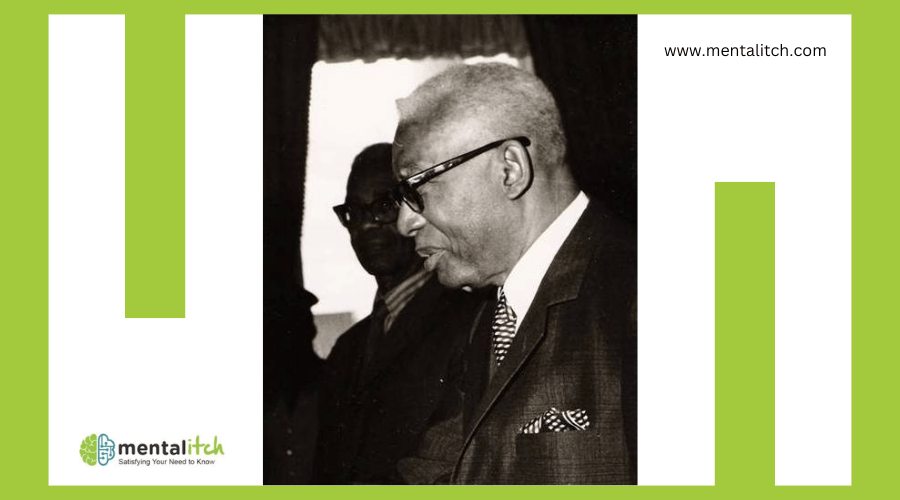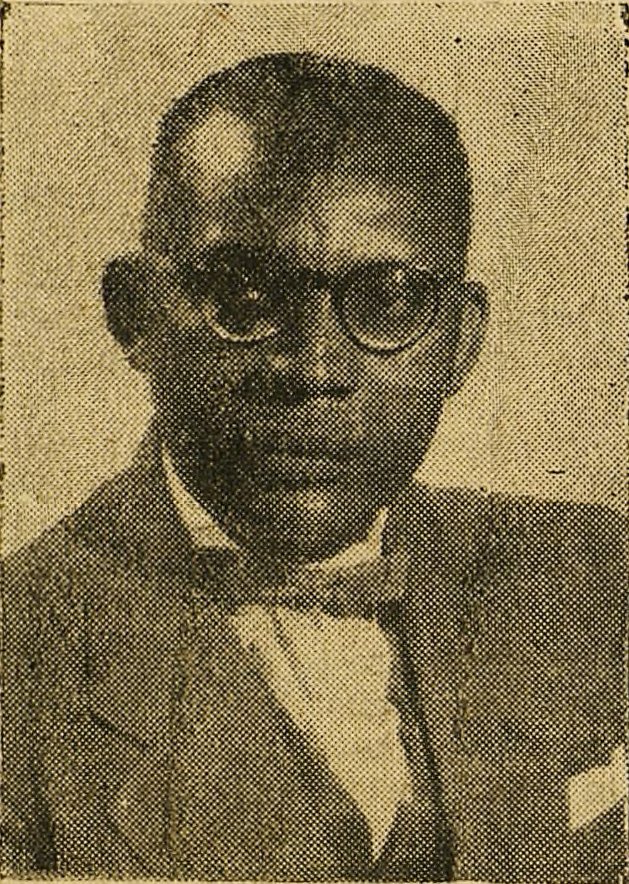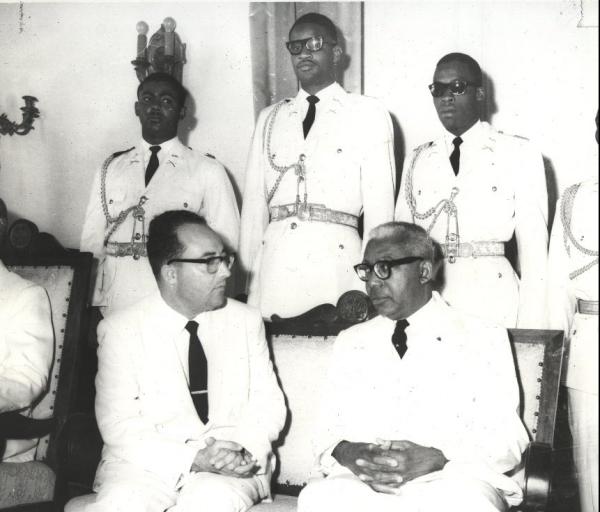As the saying goes, absolute power corrupts absolutely, and François ‘Papa Doc’ Duvalier’s rule in Haiti is a prime example. You might know him as the dictator who controlled Haiti with an iron fist from 1957 to 1971, employing violence and the infamous Tonton Macoute to maintain his grip on power. His regime’s impact on Haiti’s social, economic, and political landscape was profound, weaving a complex legacy of oppression, poverty, and systemic corruption.
But to truly understand the depth of his influence and the scars it left behind, one must explore the intricate details of his governance and its lasting effects on Haitian society.
Early Life and Rise
Born in 1907 in Port-au-Prince, François Duvalier rose from a humble beginning to become a pivotal figure in Haiti’s history, earning a medical degree from the University of Haiti School in 1934. You’d find his early career marked by a deep involvement in politics and culture, particularly co-founding the journal Les Griots in 1938, which played a critical role in his alignment with President Dumarsais Estimé in 1946. This alliance propelled him into the position of Minister of Health and Labor, setting the stage for his political ascent.
Consolidation of Power
After securing his role in government, François ‘Papa Doc’ Duvalier quickly moved to consolidate his power in Haiti. He established the feared Tonton Macoute, a paramilitary force, known officially as the Milice de Volontaires de la Sécurité Nationale. This force became central to Duvalier’s strategy for maintaining control, using violence and intimidation to neutralize any opposition.
Duvalier didn’t stop there. Violating the constitution, he declared himself President for Life in 1964, cementing his authority and ensuring that no legal or political mechanisms could challenge his rule. This bold move was a clear statement of his intent to hold onto power at any cost.
But Duvalier’s power consolidation tactics extended beyond domestic politics. He expelled foreign-born bishops from Haiti, actions that led to his excommunication. This bold step further tightened his grip on the nation, as it removed significant moral opposition to his rule.
Through these actions, Duvalier’s power consolidation in Haiti was marked by a ruthless suppression of dissent and a manipulation of legal and religious institutions to maintain absolute control.
Domestic Policies
Duvalier’s regime implemented domestic policies that relied heavily on repression and terror to maintain its grip on Haiti’s population. By establishing the Tonton Macoute, a feared paramilitary force, he guaranteed enforcement of his harsh policies through sheer terror. This group became synonymous with the violence and human rights abuses that characterized Duvalier’s rule.
The impact of these policies was devastating:
- Tonton Macoute: Became the instrument of repression, spreading fear through violence and intimidation.
- Land confiscation: Led to increased poverty and malnutrition, as peasants lost their means of sustenance.
- Elite replacement: Duvalier dismantled the old elite, installing a new, loyal one through corruption and patronage, further entrenching his power.
- Widespread human rights abuses: Thousands of Haitians suffered or were killed under his regime, highlighting the brutal nature of his rule.
- Economic decline: The combination of terror, corruption, and mismanagement led to a significant decline in Haiti’s economy, exacerbating poverty and malnutrition.
Duvalier’s domestic policies not only cemented his control but also plunged Haiti into a dark period marked by repression, violence, and severe human rights abuses.
International Relations
While domestic policies under François ‘Papa Doc’ Duvalier were marred by terror and repression, his handling of international relations further reveals the complexity of his rule in Haiti. As president, Duvalier exploited global Cold War tensions, particularly between the United States and Cuba, to secure his position. He cleverly navigated these geopolitical dynamics to attract significant international aid funds, including an annual US$15 million from the U.S., claiming it was essential for combating communism. However, instead of alleviating the dire situation in Haiti, Duvalier misappropriated these funds, deepening the poverty and malnutrition among his people.
His regime’s extreme repression and economic exploitation led to the confiscation of peasant landholdings and widespread corruption, which only exacerbated the suffering of Haitians. This blatant misuse of power and resources contributed to Haiti’s diplomatic isolation, including excommunication by the Vatican. Such isolation was a confirmation of the international community’s disdain for Duvalier’s brutal tactics and governance, which prioritized personal gain over the well-being of the Haitian populace. The president’s approach to international relations, marked by manipulation and self-interest, left a lasting impact on Haiti’s standing in the world.
Legacy and Succession
François ‘Papa Doc’ Duvalier’s death on April 21, 1971, marked a pivotal moment, as his son, Jean-Claude Duvalier, took the reins, continuing the legacy of terror and authoritarian rule in Haiti. The succession of power to Jean-Claude, often known as ‘Baby Doc,’ signaled not a break, but a continuation of the Duvalier regime’s darkest aspects.
Under the Duvaliers, Haiti experienced:
- Widespread human rights abuses: The regime’s notorious secret police, the Tonton Macoute, were instrumental in cementing the family’s rule through fear.
- Severe political suppression: Opposition was ruthlessly crushed, with countless political dissidents imprisoned or killed.
- Authoritarian governance: Both Duvaliers ruled with an iron fist, allowing little room for political freedom or dissent.
- A legacy of fear and control: The Duvalier era is remembered for its brutal tactics to maintain power.
- Enduring impact on Haiti: The effects of their rule continue to shape Haiti’s political landscape, long after their reign.
You’re witnessing how the Duvalier legacy, characterized by authoritarianism, human rights abuses, and political suppression, has left an indelible mark on Haiti. The succession from Papa Doc to Jean-Claude Duvalier ensured the persistence of this dark chapter in Haiti’s history.
Conclusion
In sum, François ‘Papa Doc’ Duvalier left an enduring mark on Haiti, ruling with an iron fist. You’ve seen how he rose to power, solidified his control through fear, shaped domestic policies, and maneuvered in the international arena. His legacy is a reflection of the devastation wrought by dictatorship — perpetuating poverty, oppression, and illiteracy. His reign not only scarred the nation’s history but also set the stage for a troubled succession, echoing the consequences of his rule long after his demise.


